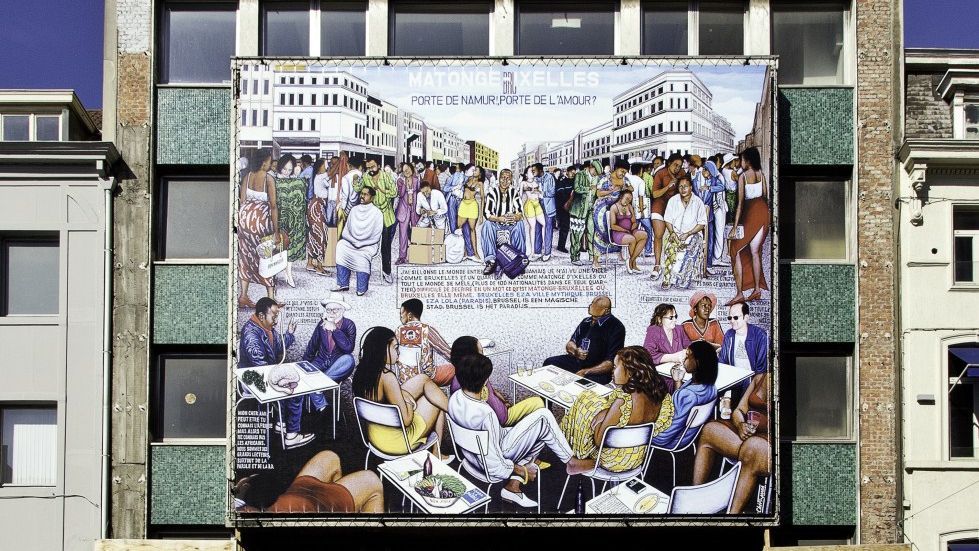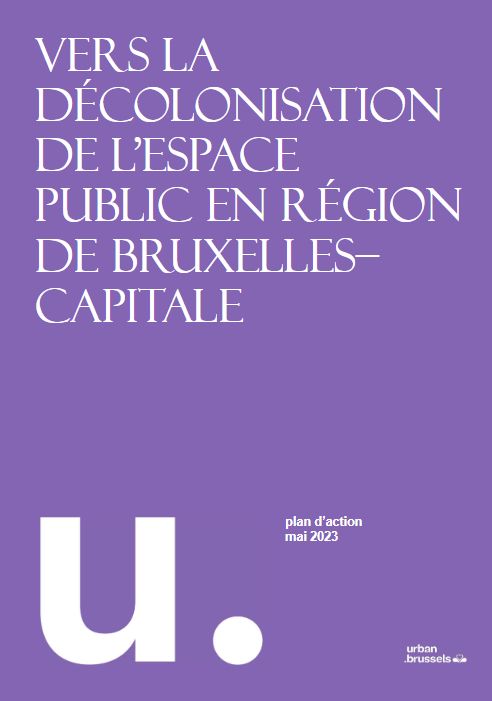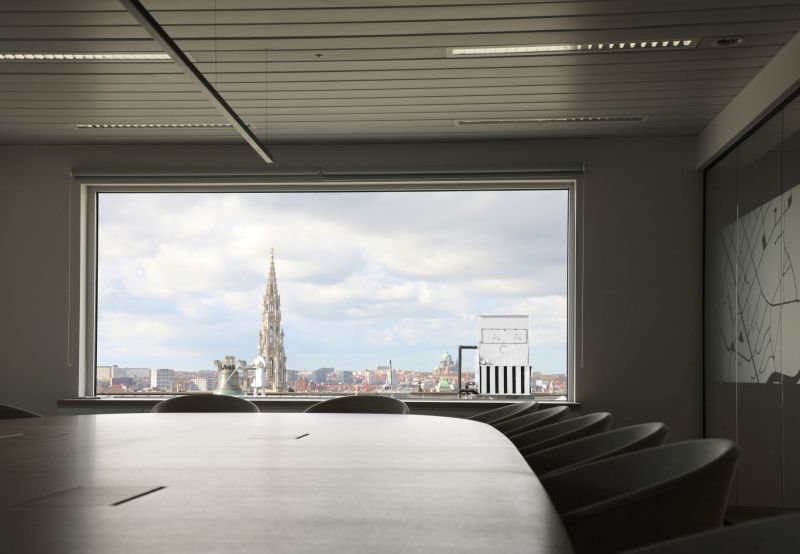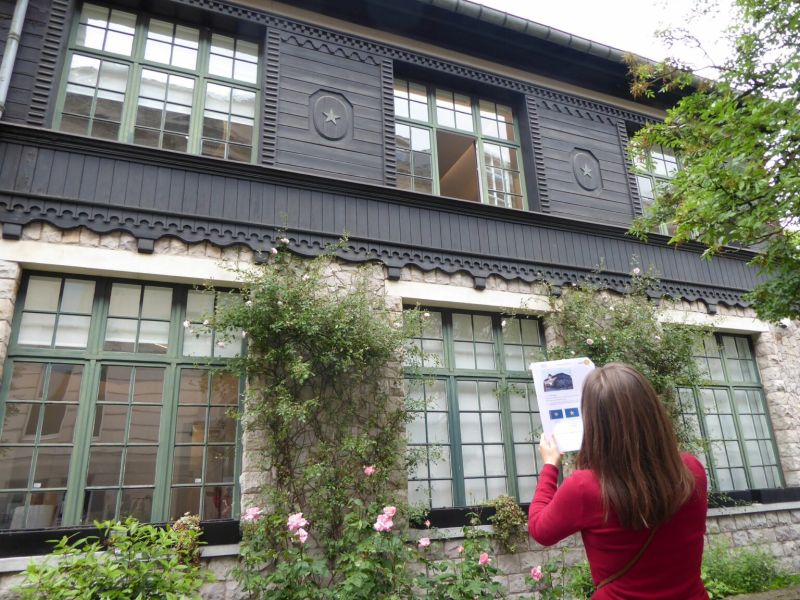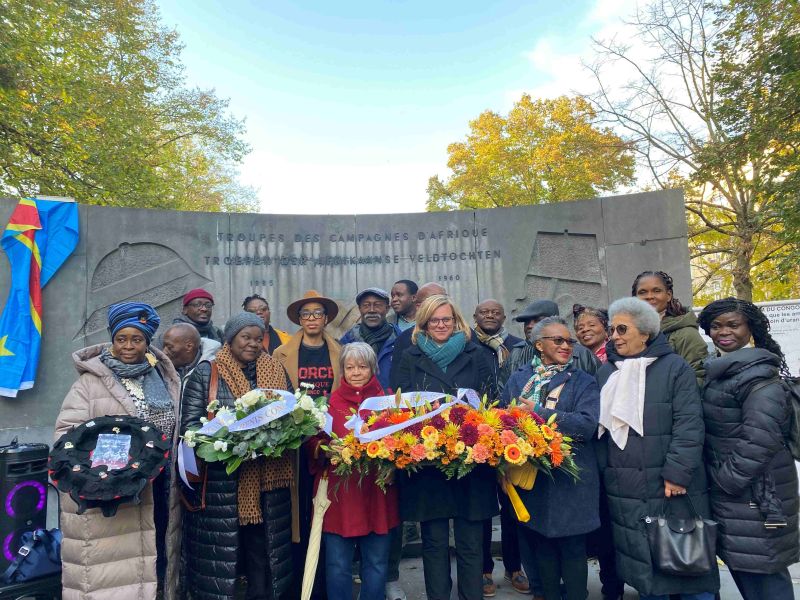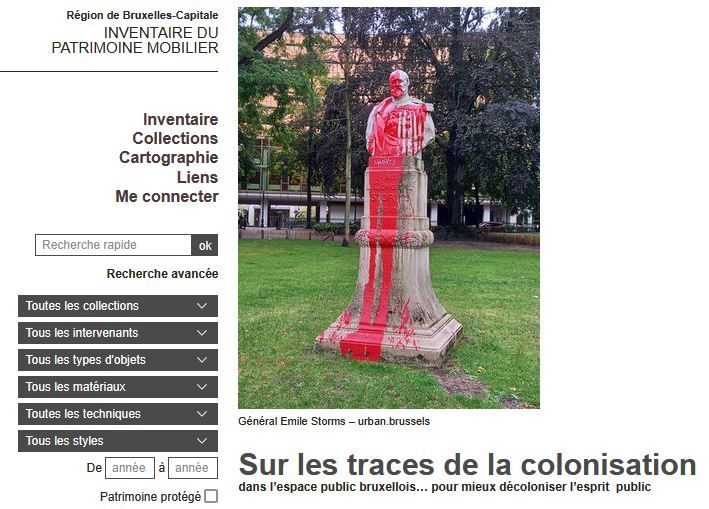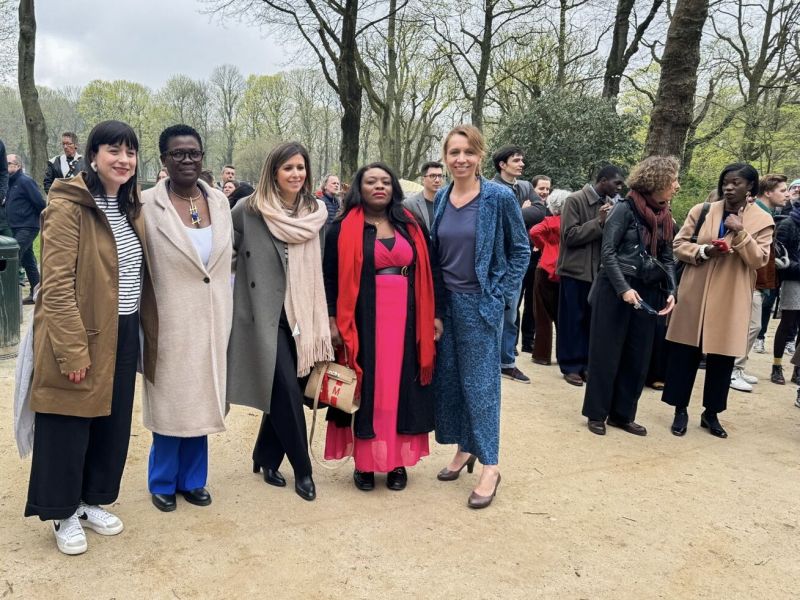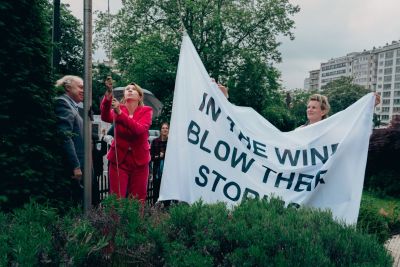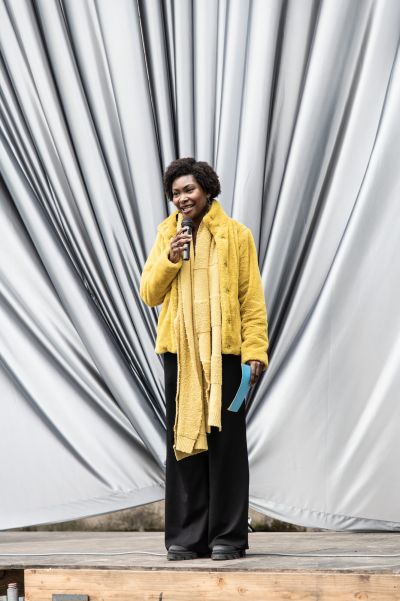Towards the decolonisation of public space in the Brussels-Capital Region
The action plan 2024-2025 “Towards the decolonisation of public space in the Brussels Capital Region” was approved by the government of the Brussels Capital Region in May 2023.
This document is based on the recommendations made by the working group the Region commissioned between 2020 and 2022 to reflect on the structural and inclusive decolonisation of Brussels’ public space through dialogue and remembrance (Report 2022).
In 2024 and 2025, Urban is responsible for its implementation, in cooperation with a series of partner institutions and administrations and under the supervision of a support committee. The action plan comprises14 actions. 13 of them are coordinated by Urban.
The action plan comprises fourteen actions, thirteen of which are directly coordinated by Urban. The implementation of this project started at the end of 2023 with the formation of a support committee.
Governance (G)
Setting up a framework, operating rules and the practical day-to-day management to ensure that the action plan runs smoothly.
1 • Setting up a support committee
2 • Recruiting a coordinator
Education (E)
Raising awareness about colonial heritage and the history of colonisation among a wide range of audiences.
3 • Identifying colonial heritage and completing the inventories of Brussels’ cultural heritage
6 • Providing financial support for educational and awareness-raising organisations
10 • Training regional officials and raising awareness among them
11 • Organising awareness-raising campaigns
Memory (M)
Highlighting the different memories of colonisation, in particular those that have remained invisible until now.
5 • Studying the development of a decolonisation interpretation centre
7 • Studying the creation of a memorial
8 • Studying the development of a repository for the statues
9 • Studying the introduction of one or more official days of commemoration
Tools (T)
The identification of colonial heritage and the implementation of inventory databases (action 3) will be used to analyse permits (action 4) and will help the municipalities share data (action 12).
3 • Identifying colonial heritage and completing the inventories of Brussels’ cultural heritage
4 • Introducing a methodology for analysing applications for planning permission concerning colonial traces
12 • Teaming up with the Brussels municipalities to develop a method and guidelines for dealing with colonial traces
Coherence (C)
The action plan involves aligning strategies on several levels (federal, regional, municipal, associative) on the entire Brussels territory, with the aim of sharing experiences, acting in convergence and pooling efforts.
12 • Teaming up with the Brussels municipalities to develop a method and guidelines for dealing with colonial traces
13 • Encouraging the Régie des Bâtiments (Building Authority) in its decolonisation process
14 • Cooperating with BELSPO (*Federal Administration of Science Policy) to create an interpretation and documentation centre
Contact us
Do you have a question or a suggestion?
Do you wish to keep us up to date about an event relating to the decolonisation of public space?
